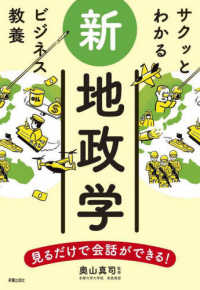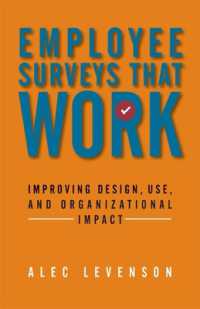- ホーム
- > 洋書
- > ドイツ書
- > Social Sciences, Jurisprudence & Economy
- > Politics, Society, Work
- > social science
Full Description
This book demonstrates how quantitative methods for text analysis can successfully combine with qualitative methods in the study of different disciplines of the Humanities and Social Sciences (HSS).








